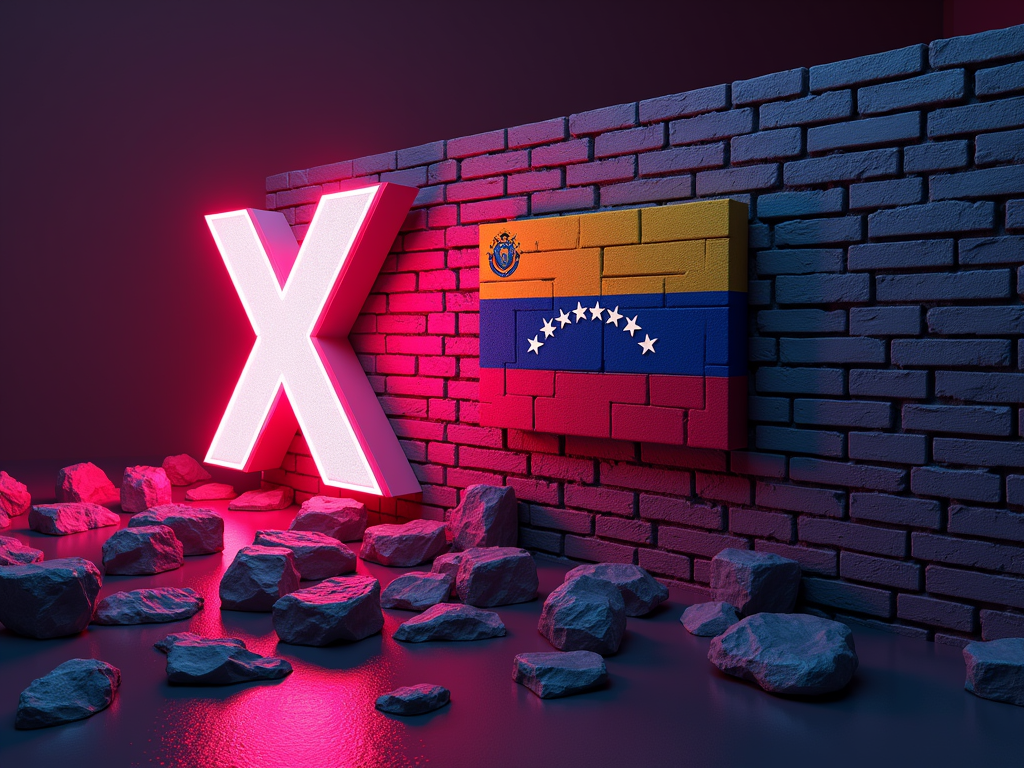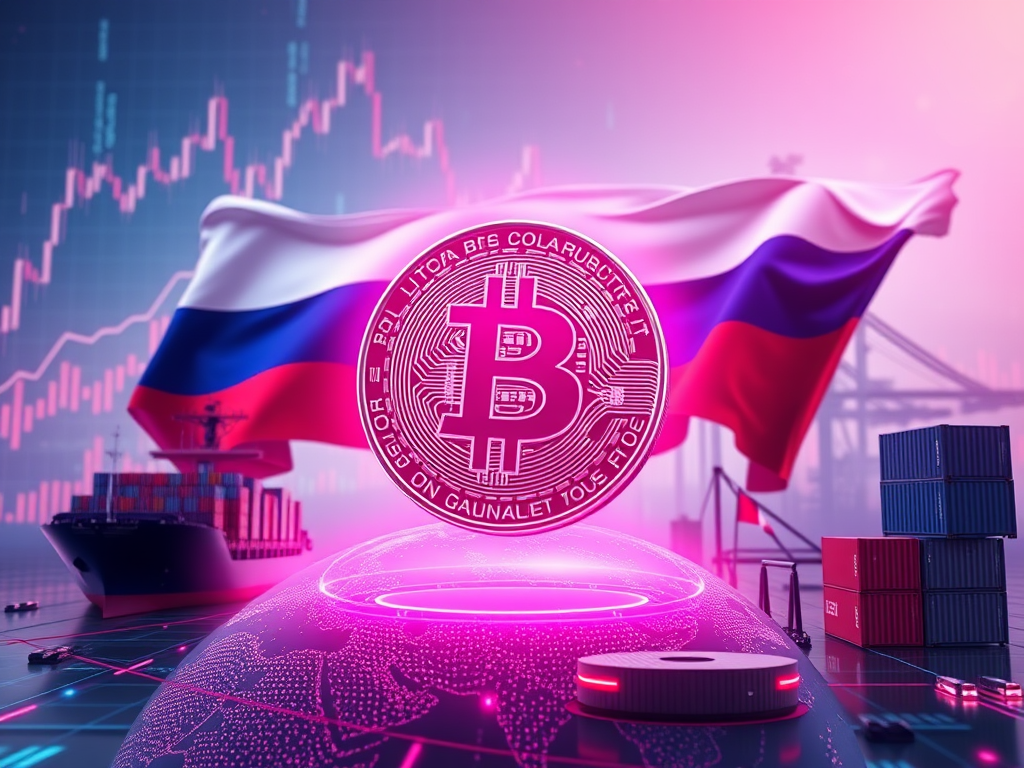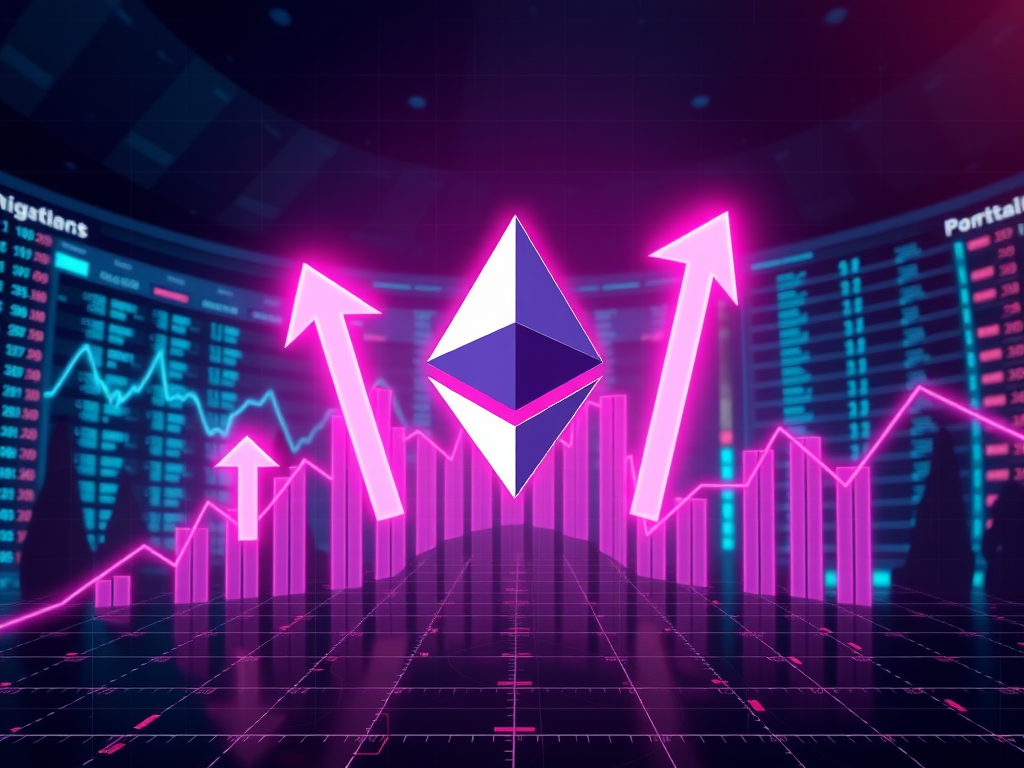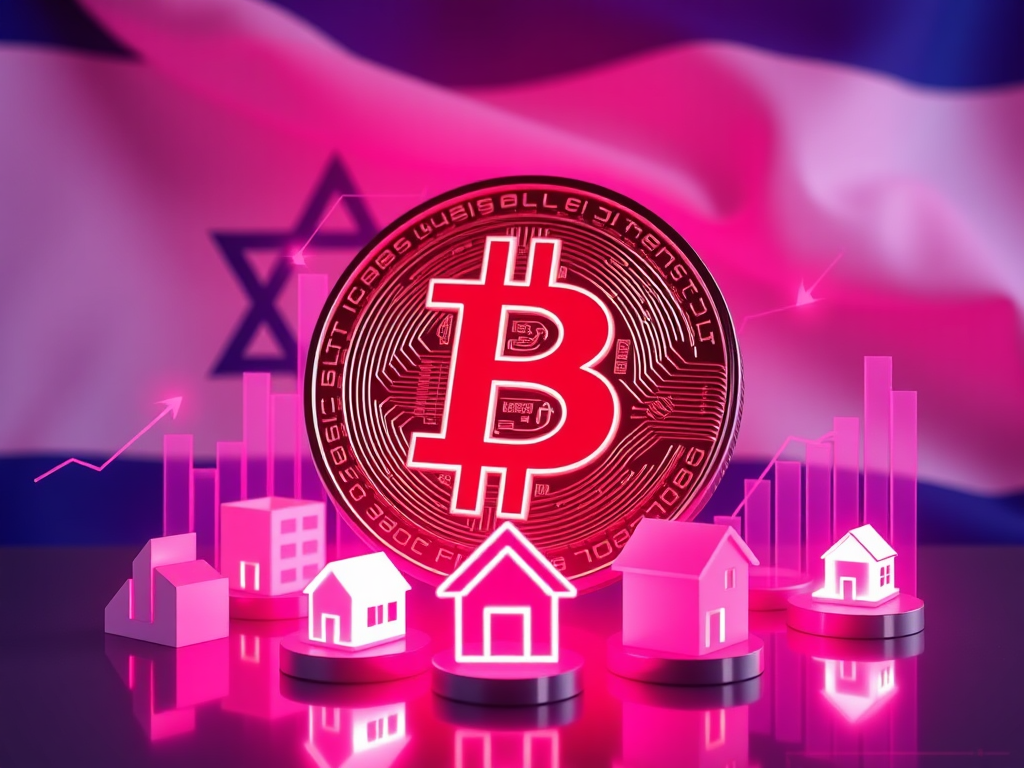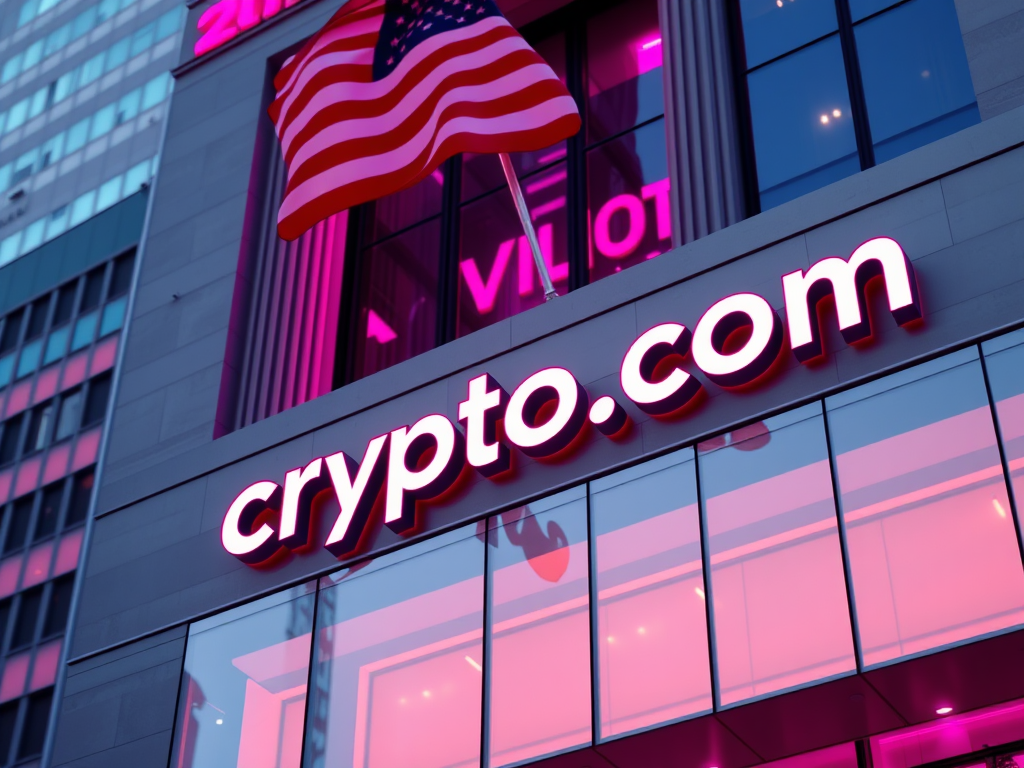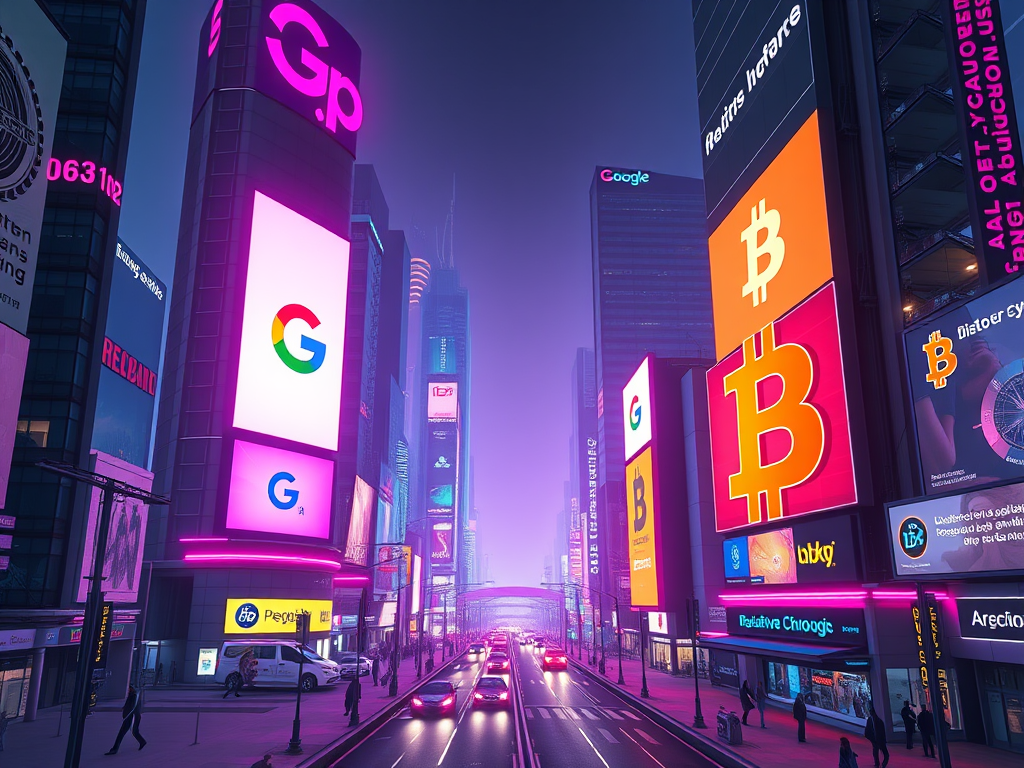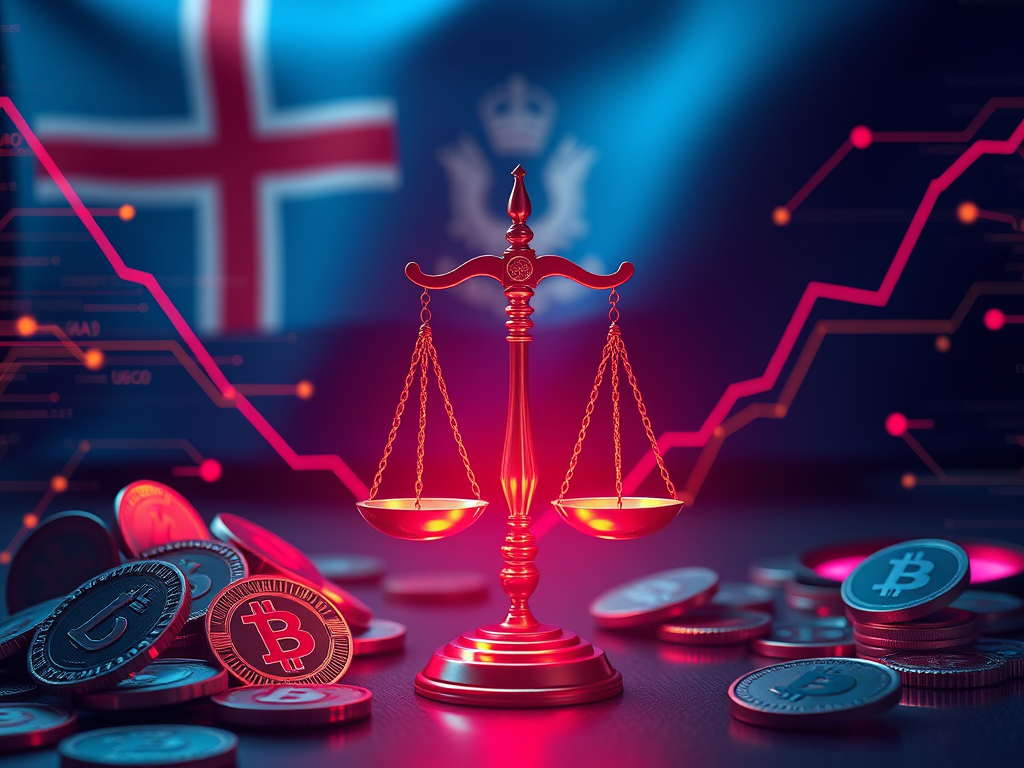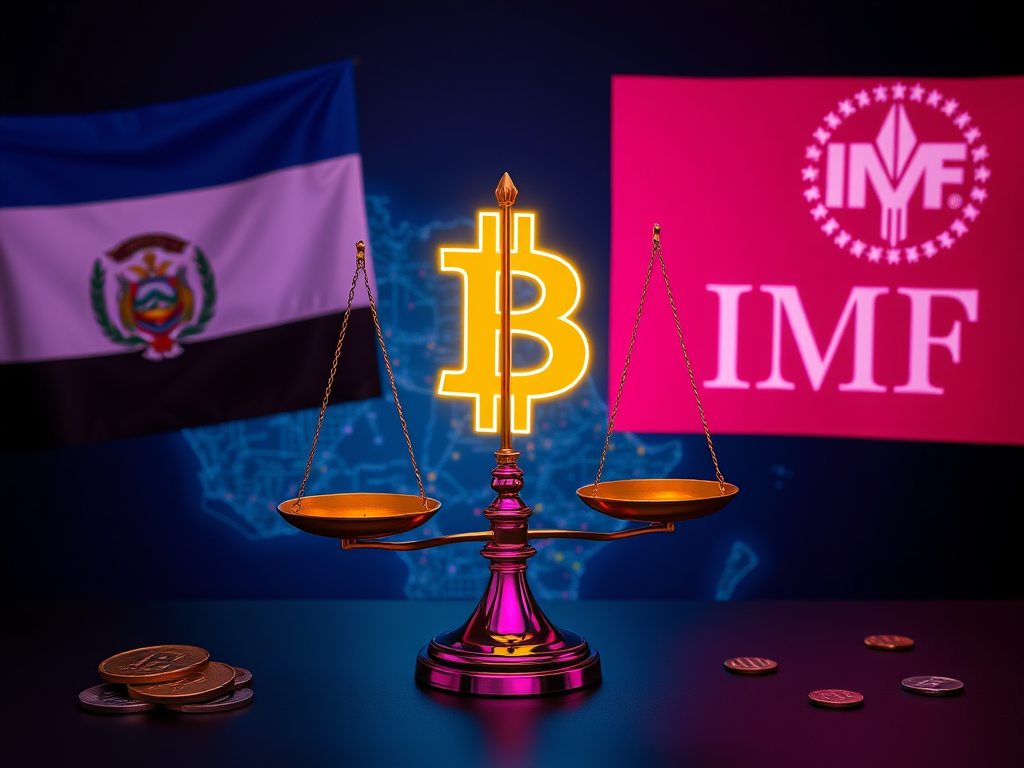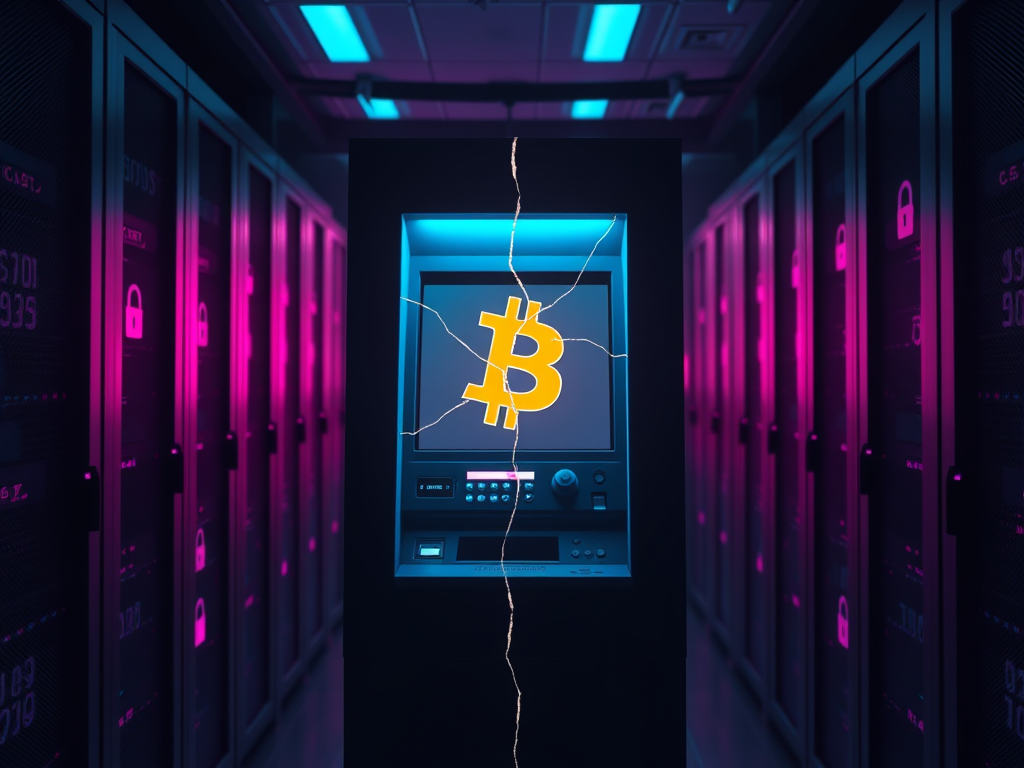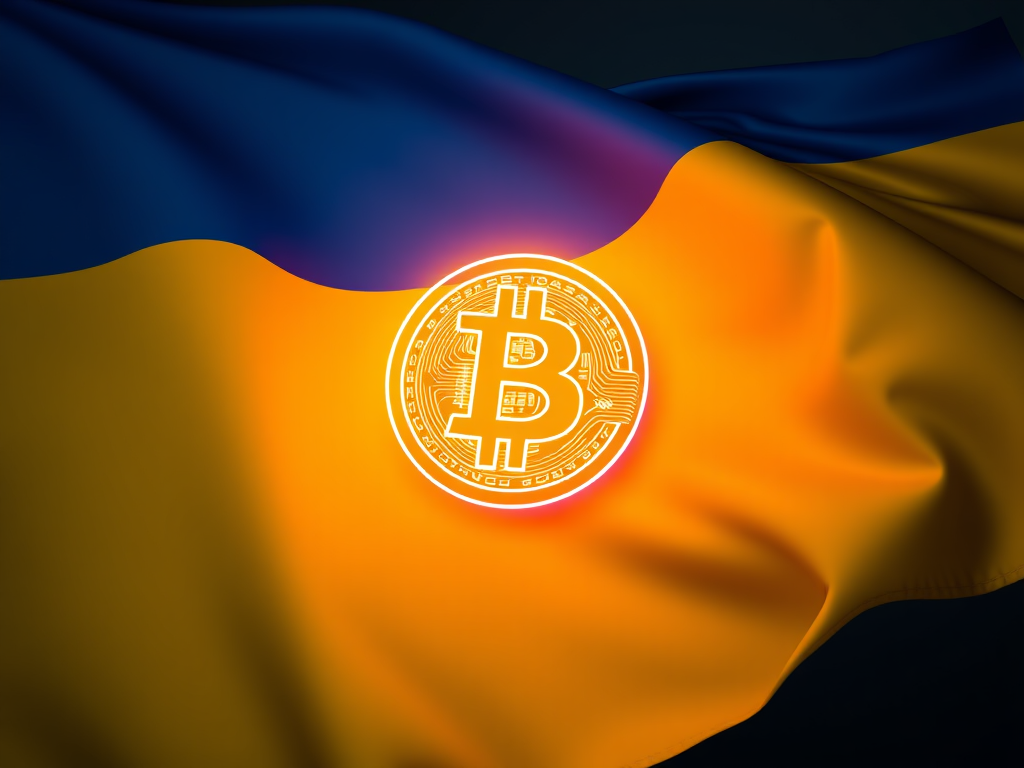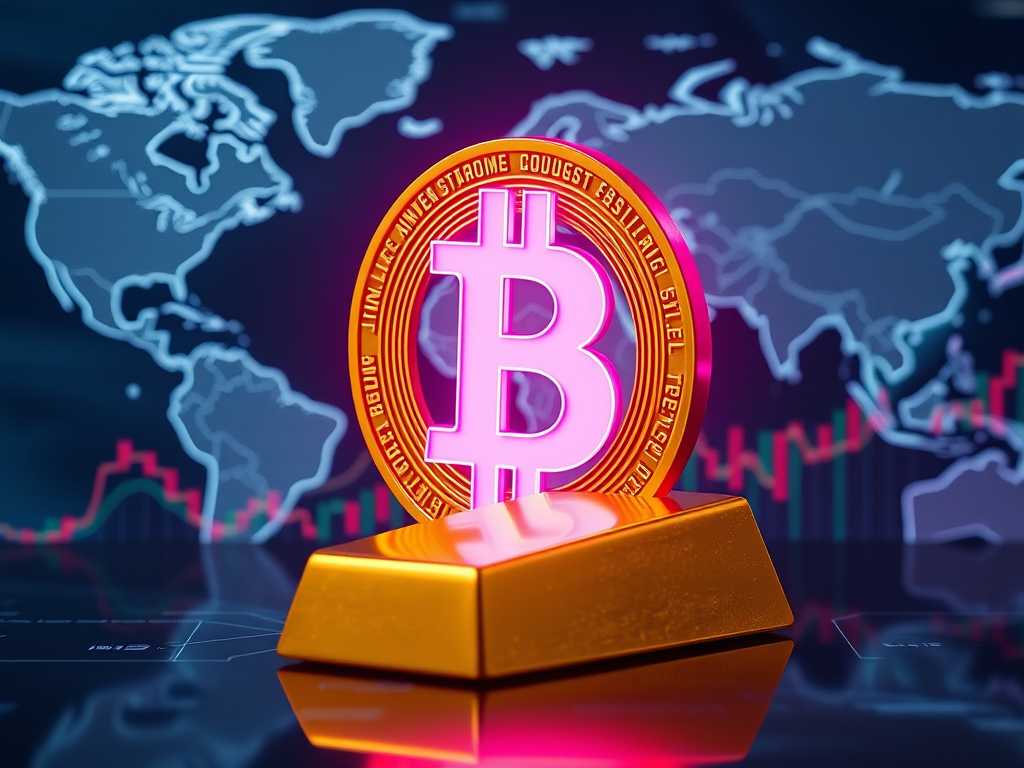Key Points
- Venezuela’s government has blocked access to cryptocurrency exchange Binance, social media platform X, and other online services following disputed presidential election results.
- The blockade, which began on August 9, is part of a wider crackdown on internet access amid political unrest, affecting various websites and communication platforms.
Political Tensions Escalate After Controversial Election
On July 28, Venezuela held its presidential election, resulting in a contentious outcome. President Nicolas Maduro and opposition candidate Edmundo González both claimed victory, leading to widespread protests and political uncertainty. The government-controlled electoral authority declared Maduro the winner with 51% of the vote, without releasing a detailed vote count. However, González asserts that voting machine printouts collected by his party prove he won with nearly 70% of the vote.
The disputed results have drawn international attention, with the United States, European Union, United Kingdom, and several South American countries refusing to recognize Maduro’s claim to the presidency. Many have called for the release of detailed vote counts to verify the election’s legitimacy.
Government Responds with Internet Restrictions
In response to the growing unrest, President Maduro has taken steps to limit online communication and access to certain platforms. On August 8, Maduro announced in a televised speech that he had ordered the telecommunications regulator Conatel to ban access to X (formerly Twitter) in the country for ten days. This decision came amid a public dispute between Maduro and X owner Elon Musk.
The government’s crackdown on internet access extended beyond social media. On August 9, the anti-censorship organization VE sin Filtro reported that access to the cryptocurrency exchange Binance had been blocked through a DNS restriction. This affected both the website and mobile application of the popular exchange.
Impact on Cryptocurrency and Communication Services
Binance, which operates a widely used peer-to-peer (P2P) service in Venezuela, allows users to directly exchange cash for cryptocurrency. This service has become crucial for many Venezuelans seeking to protect their wealth from the country’s highly inflated bolívar. Binance has assured its users that their funds remain safe and that the company is closely monitoring the situation.


Source: BinanceLATAM
In addition to Binance and X, other online services have been affected by the government’s internet restrictions. The encrypted messaging app Signal was also blocked, although it reportedly remains functional with its “censorship circumvention” setting enabled. Even e-commerce platforms like MercadoLibre have faced access issues.
Looking Ahead
As Venezuela grapples with political uncertainty and internet censorship, the duration and extent of these access restrictions remain unclear. Many users have turned to VPNs to circumvent the blocks, as recommended by VE sin Filtro. The situation continues to evolve, with potential implications for Venezuela’s economy, particularly in relation to cryptocurrency usage and remittances, which have surged in recent times due to the country’s economic challenges.
The international community continues to monitor the situation closely, calling for transparency in the election process and expressing concern over the restrictions on internet freedom in Venezuela.
